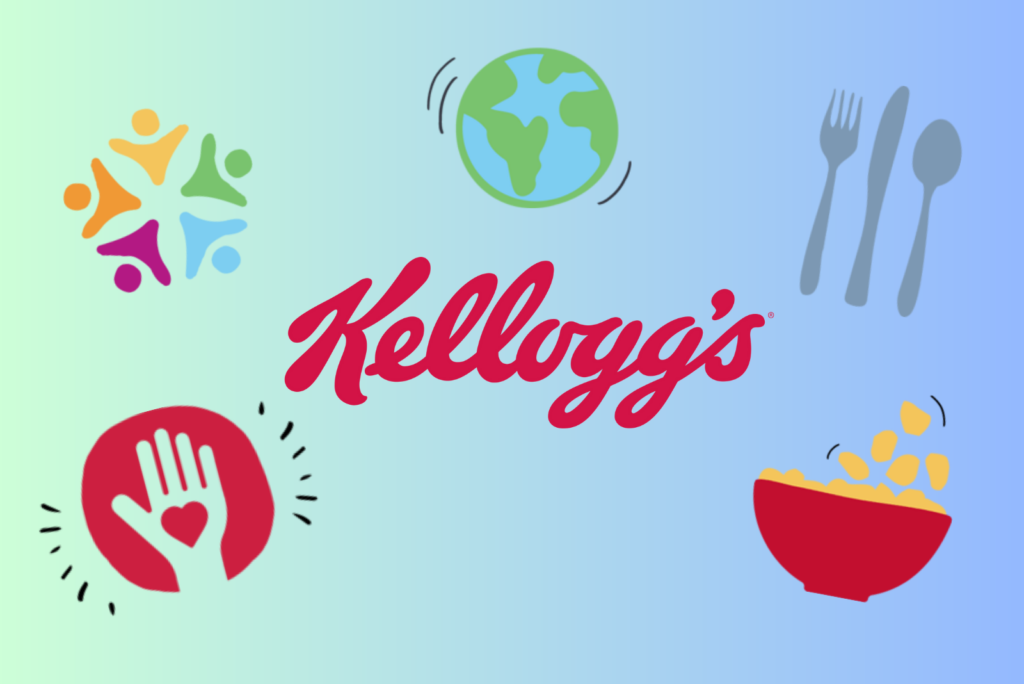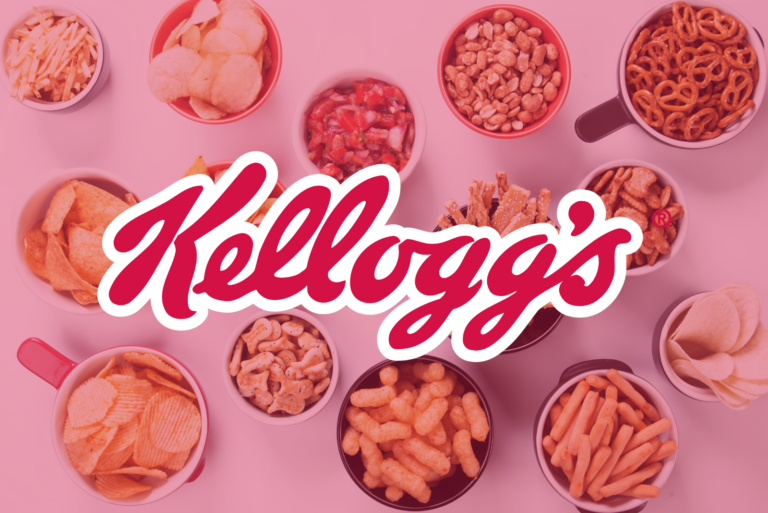BATTLE CREEK, MI — Kellogg Co. highlighted the progress it made in 2022 against its Kellogg’s Better Days Promise commitments to nurture the planet.
The commitments are as follows:
- 1% absolute reduction in Scope 1 and 2 greenhouse gas emissions (since 2015)
- 13% absolutely reduction in Scope 3 greenhouse gas emissions (since 2015, as of December 2021)
- 3% of electricity used was from renewable sources (in 2022)
- 17% reduction in water use in high stress regions (since 2015)
- 23% reduction in food waste (since 2016, as of December 2021)
- 485,000 farmers and agronomists supported (since 2015)
- 76% of packaging is recyclable at scale (in 2021)











